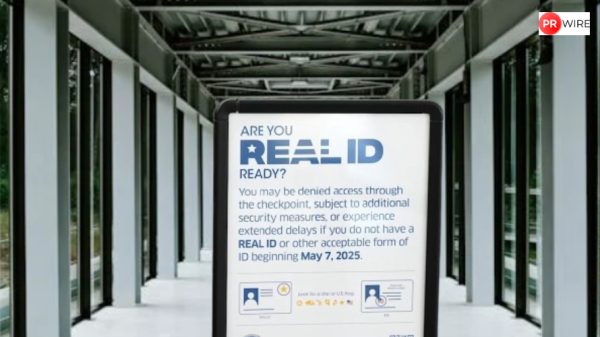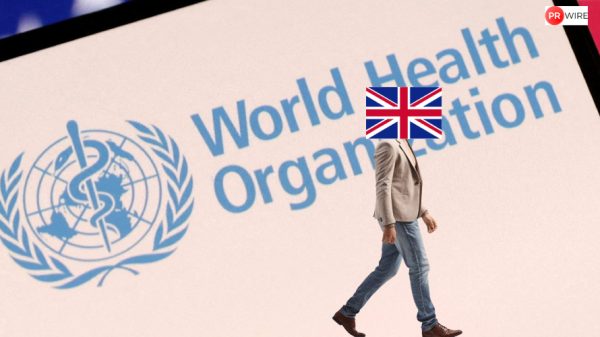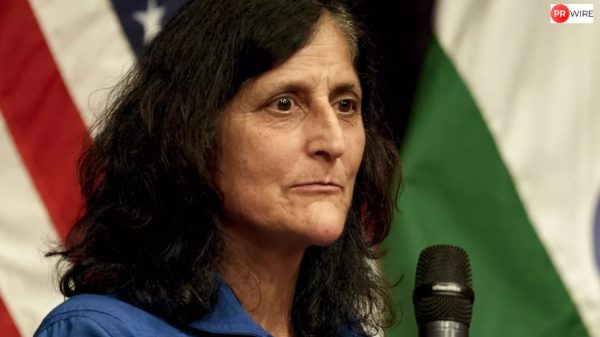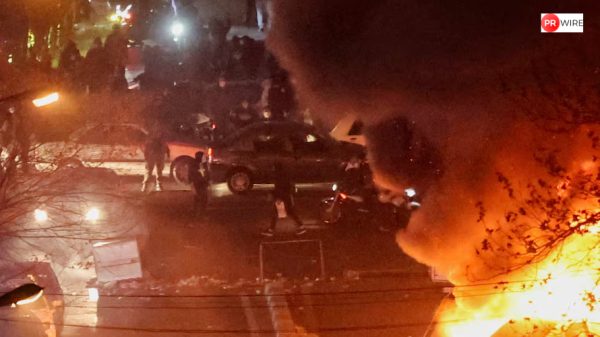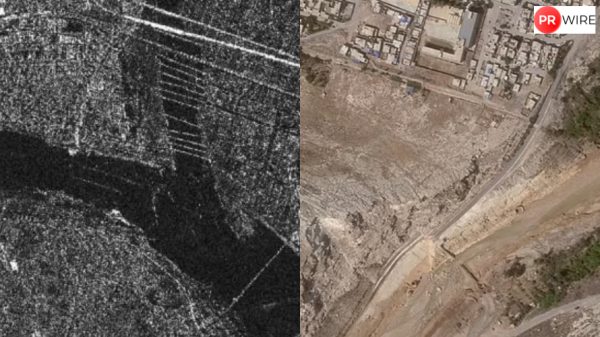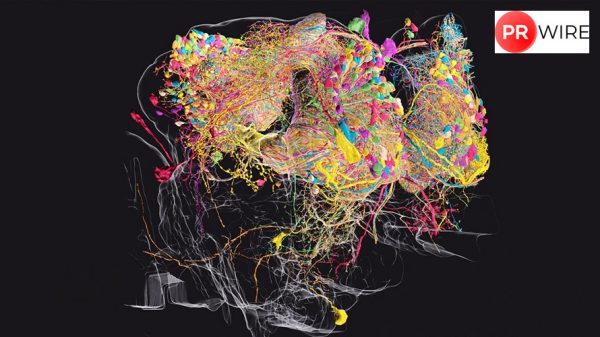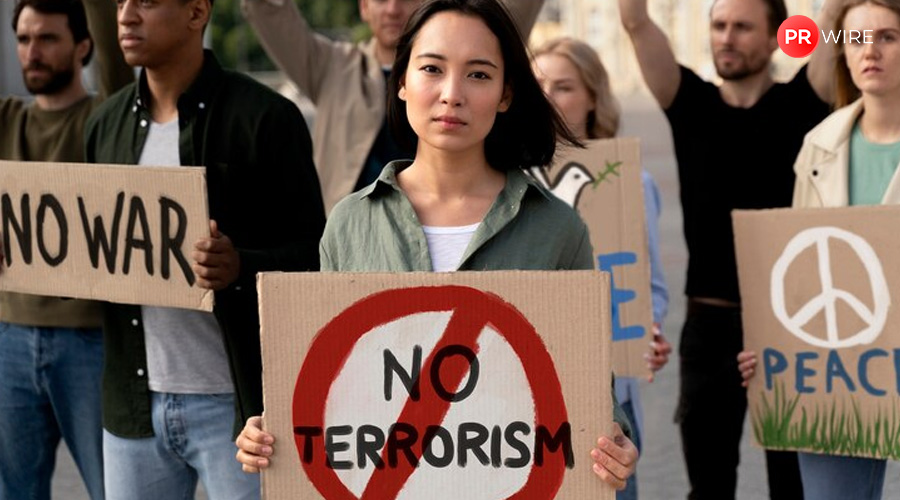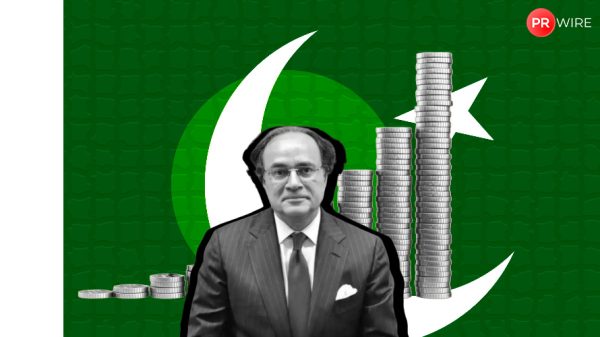Several Bangladeshis, who have come here either for medical treatment or education or other purposes, are now stranded in the city and concerned about the ongoing violence and abrupt change of regime in their country.
The suspension of train services between India and Bangladesh has compounded their anxiety, and they are uncertain about their next steps.
I came here for the treatment of my father, and we have been here for the last 20 days. We are stuck in Kolkata. I am worried about my family in Dhaka, said 35-year-old Md Mostaque.
Imran Ali Manik, a student at a private university in the city, echoed Mostaque.
For the last three days, I have been unable to contact my family in Khulna. My family is a known Awami League supporter. I don’t know whether they are safe, the Bangladeshi student said.
The disruption in communication channels has resulted in distress as they are unable to check whether their loved ones back home are safe or not.
Mostaque and Manik are among several people, who are facing similar situations and expressed their helplessness.
The turmoil in Bangladesh has led to the suspension of cross-border transportation services.
The Eastern Railway announced that the Kolkata-Dhaka-Kolkata Maitree Express, which has been non-operational since July 19, will remain suspended until further notice.
Similarly, the bi-weekly Kolkata-Khulna-Kolkata Bandhan Express, suspended since July 21, has not resumed operations.
The bus services too have been suspended following the unrest in Bangladesh.
Although Bangladeshis in Kolkata initially had rejoiced about the regime change in the country they now want the violence to stop.
We wanted this regime change but not the violence. What is going on in the name of mass uprising is absolute madness. This must end. For people like us who are far off from their family and friends, it is tough as we are worried about their safety, Jewel Elias, a resident of Barisal, said.
Some condemned the attack on minorities in their country and said such instances send a wrong message about Bangladesh.
Attacks on religious minorities must stop as this puts us in a bad light across the world. Bangladeshis live in various parts of the world for jobs, education and healthcare services, and there can be a backlash, said Tausif Rahim, a resident of Dhaka, who is in Kolkata for his mother’s treatment.
The death toll in the anti-government protests in Bangladesh on Tuesday climbed to 440, according to local media, even as efforts were on by the army to bring the situation under control in the violence-hit nation.
Nobel laureate Mohammad Yunus was on Tuesday appointed as the head of Bangladesh’s interim government by President Mohammed Shahabuddin, a day after Prime Minister Sheikh Hasina resigned and fled the country following deadly protests against her government over a controversial quota system in jobs.
The article originally appeared on Business Standard.










